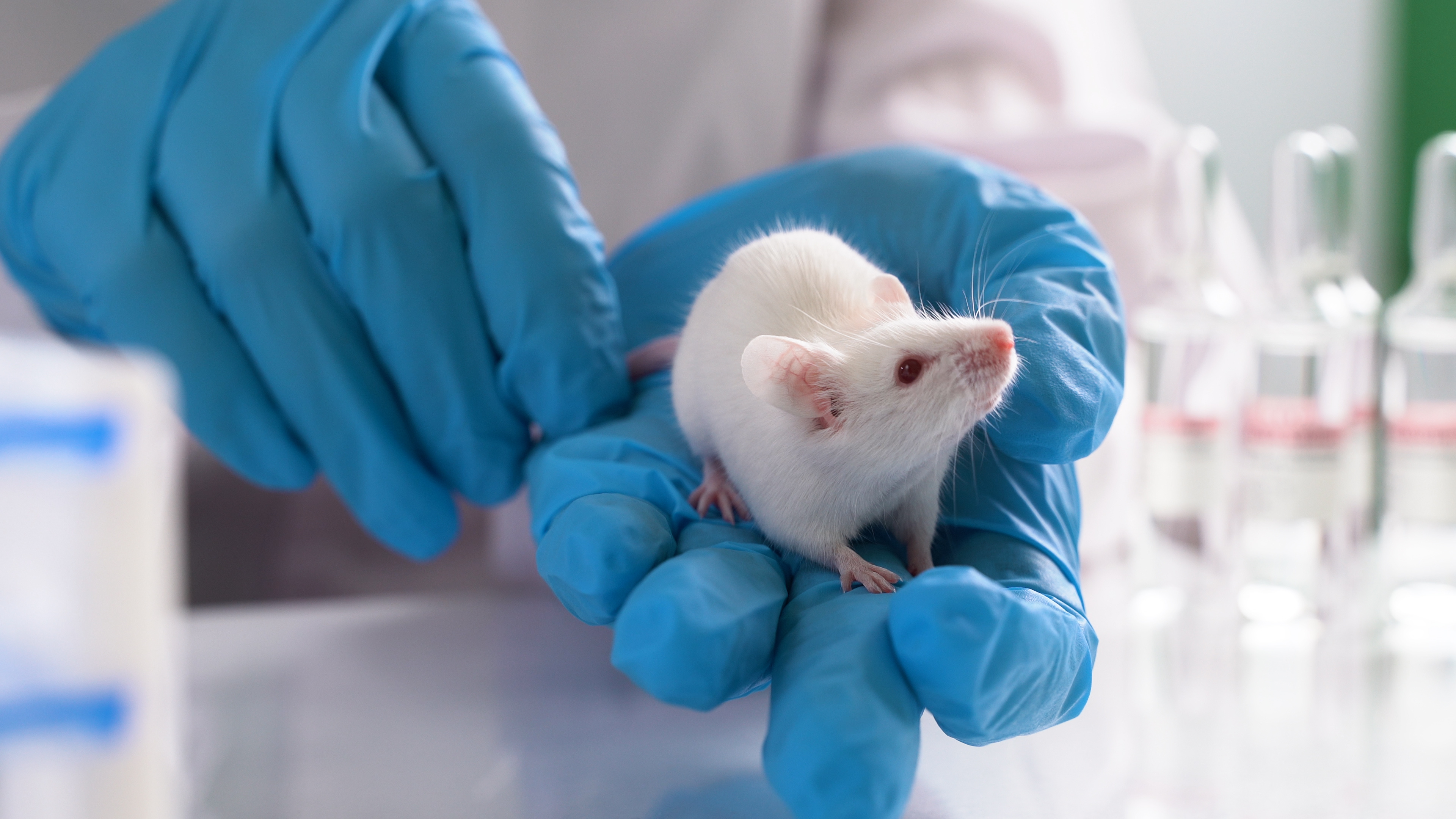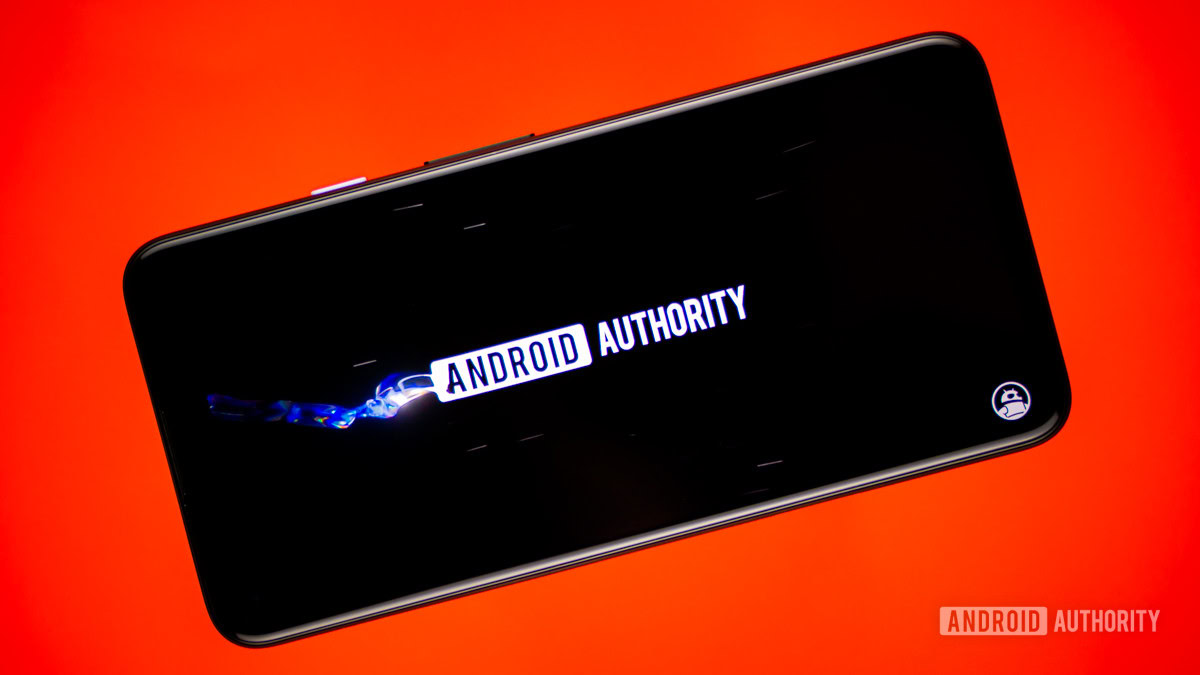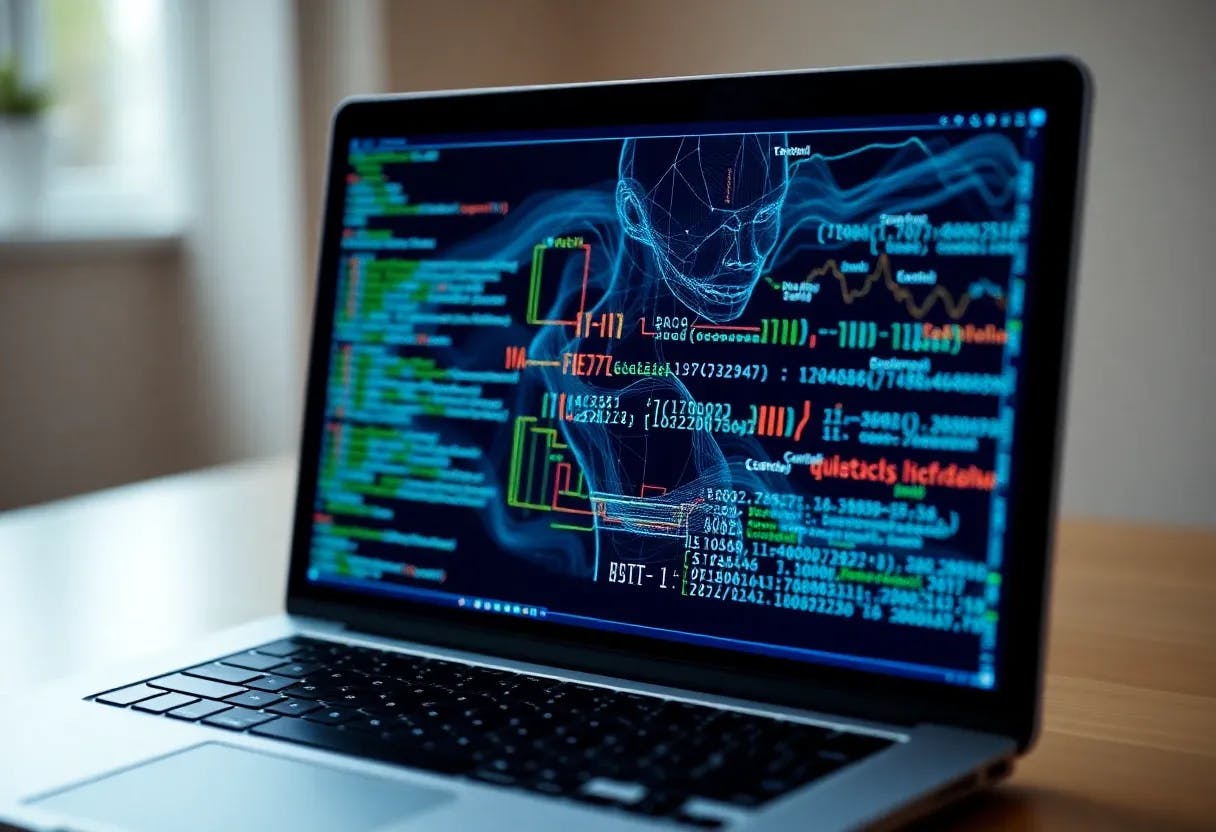Freeze-dried mouse sperm stored aboard the International Space Station could help determine the future of humanity’s space colonization efforts. The sperm, which is stored in a radiation protection box was sent up by scientists to help test our ability to survive and thrive in space.
With so many looking for ways to send manned missions to Mars and other planets, it’s only a matter of time before people like Elon Musk start looking at more realistic colonization attempts. And if we’re going to start moving humanity to other planets, we need to ensure they can procreate there; otherwise, the humans who go there will never give birth to another generation.
Unfortunately, there’s a lot we still don’t know about space. This is why scientists are turning to freeze-dried mouse sperm to help determine whether or not mammals can procreate outside of Earth’s ideal conditions. When the sperm returns to Earth next year, scientists will study them to see if they’re still viable. This could provide key evidence for the goal of making humanity’s space colonization efforts possible.
From there, scientists hope to eventually develop a device that will let astronauts conduct rodent in vitro fertilization (IVF) aboard the ISS. Teruhiko Wakayama, a professor at the University of Yamanashi’s Advanced Biotechnology Center, tells CNN that these experiments could be key to saving humanity’s future.
The goal of this particular research seems to be to create a system that lets us safely and permanently preserve Earth’s genetic resources. These resources could then be sent to space with human space colonization missions—whether to Mars, the moon, or wherever—allowing humanity to continue even if Earth faces some kind of catastrophic event.
It is certainly an interesting direction for research to go, and while it might sound like something out of a B-list movie featured on cable television, Wakayama seems confident in what they are trying to accomplish. All we have to do now is wait and see just how it all plays out.








